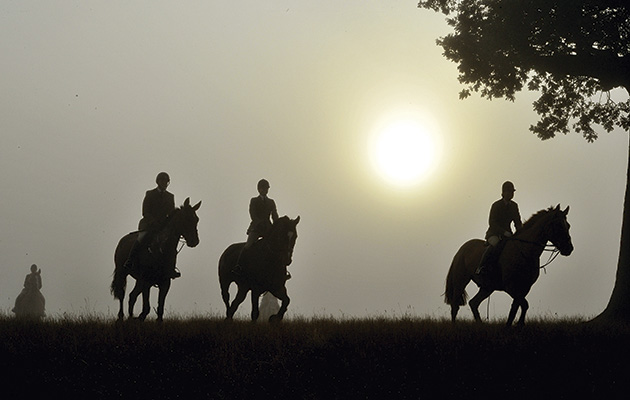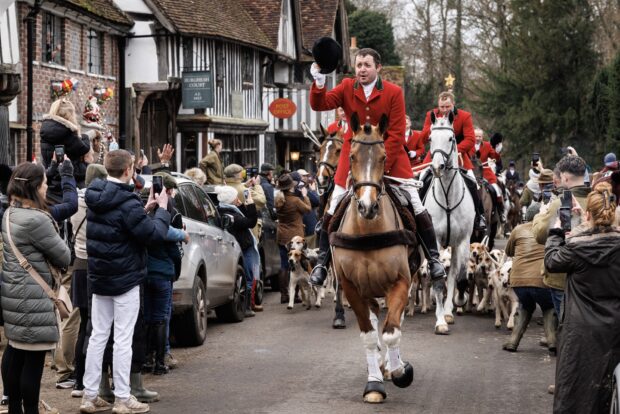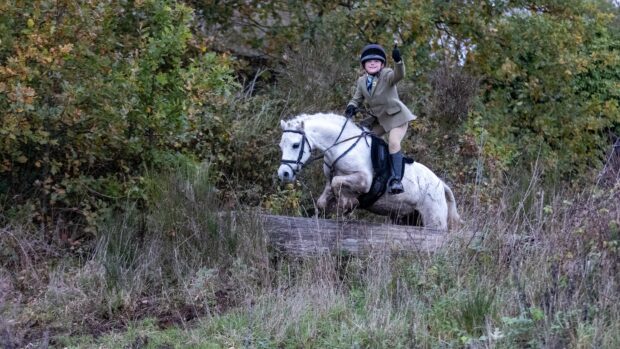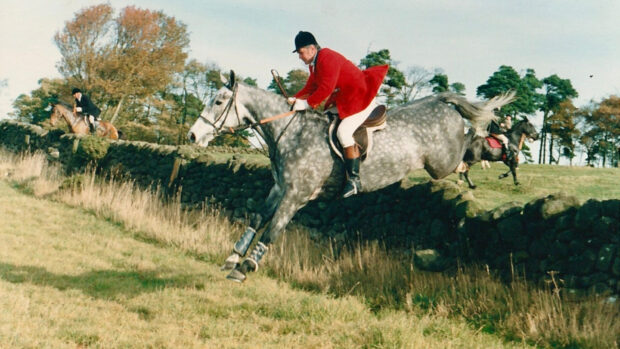A group of National Trust members is urging the charity to ban all hunting on its land.
All members will have the chance to vote on the proposal at the National Trust’s annual general meeting on 21 October.
Countryside Alliance head of hunting spokesman Polly Portwin said: “A handful of the National Trust’s four million members have put forward a proposal to ban trail-hunting, but there is no evidence to suggest hunts are regularly breaking the law while trail-hunting either on private land or that owned by the National Trust.
“Data from the Ministry of Justice shows that of the 423 people convicted for Hunting Act offences since the Act came into force more than 12 years ago up to the end of 2015, more than 94% did not involve registered hunts and were largely related to poaching and hare coursing offences.
“To ban legal hunting activities on the grounds of protecting flora and fauna is ludicrous and on that basis it would be no surprise to see a proposal to ban dog-walking and exercising horses across National Trust land next.”
A National Trust spokesman confirmed the issue would be voted on at the meeting.
But he said that even if it were backed by a majority of members, it is unlikely a ban would come into effect immediately, so changes the charity is proposing for the licensing of hunts will apply from this season.
Licence changes
These include banning “animal-based scents” for trails, to “reduce the risk of foxes or other wild animals being accidentally chased”.
Terriermen would be banned as they have “no practical purpose at a trail hunt”, and the trust is proposing “more active management of hunts”, including reporting requirements after meets.
The charity will post meet days and locations online in advance, with contact details for each hunt, with the aim of “greater transparency”.
The trust’s statement reads: “We believe the overwhelming majority of hunts act responsibly, and we hope our clear, robust, and transparent set of conditions will allow participants to enjoy this activity in compatibility with our conservation aims.
“Any activity associated with the term ‘hunting’ continues to provoke strong emotions on both sides of the debate. We recognise our reforms will not satisfy everyone.
“Our charity’s core aim is to look after the places in our care and that remains our top priority when considering whether to license any outdoor activity.
“But our charity was also established for the nation’s benefit and to provide the widest spectrum of public access and enjoyment. We therefore always look to welcome people to our places and to host the broadest range of outdoor activities on our land.
“We believe this should include trail ‘hunting’, where it is consistent with our conservation aims and is legally pursued.”
CA chief executive Tim Bonner said these changes appear to have been made in “direct response to demands from the animal rights movement”.
“The changes will go down extremely badly with hunts, the majority of National Trust tenants who welcome them and the wider rural community,” Mr Bonner said.

Growing concerns over hunt ban policing
Revelations in the weekend's papers have strengthened the

#TBT to autumn hunting 2016: misty mornings, tiny tots and golden leaves
As coronavirus has changed things slightly for hunting

‘I don’t do things by halves’: from absolute beginner to Boxing Day hunting in five weeks
The owner of a building company took an
“Many of the hunts that operate on National Trust land have been targeted by animal rights activists in the past and will take the view that it will be too great a risk to staff and members to have their meets advertised. On the face of it this seems to be another example of the Trust distancing itself from the rural community to appease metropolitan sensibilities.”
The National Trust issued 79 licences to 67 hunting groups last season.




